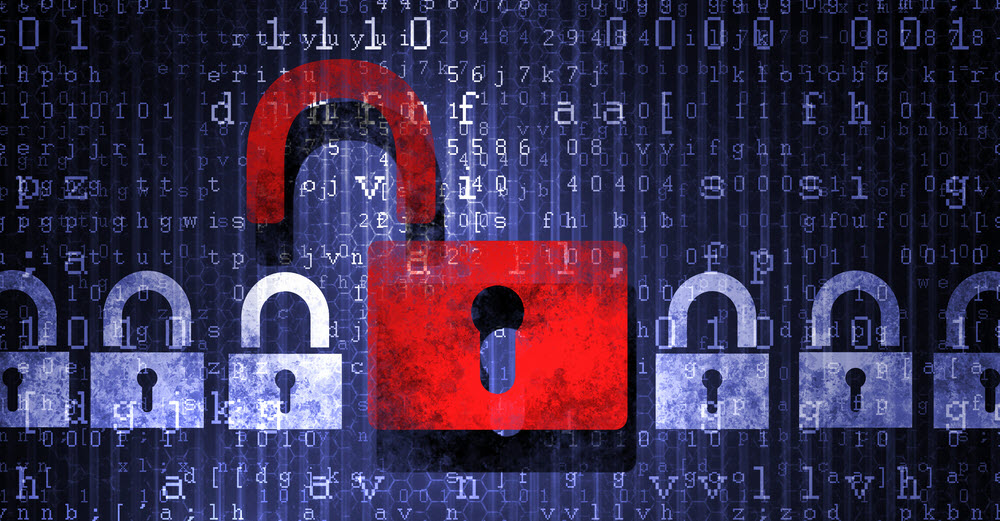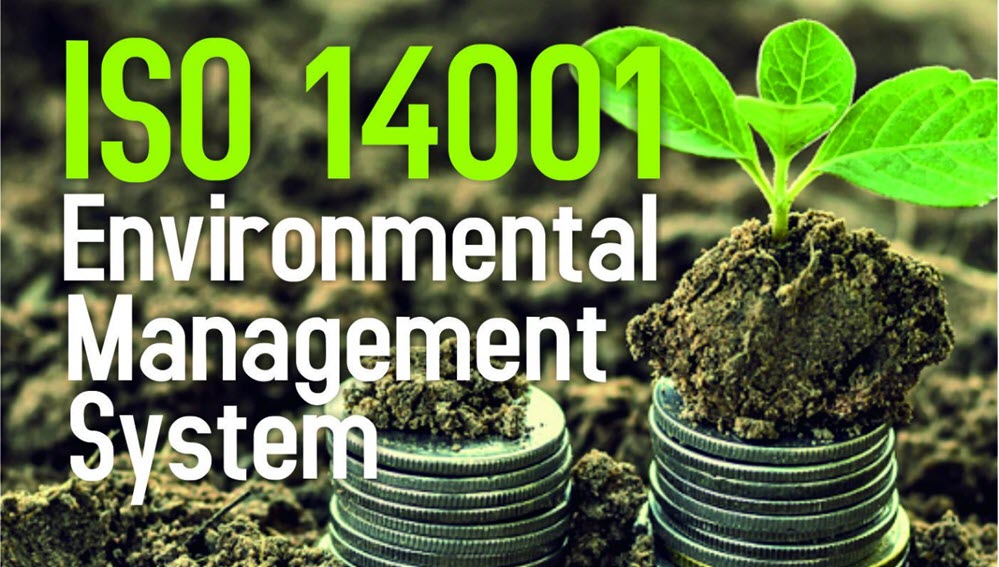EQMS Blog

ISO 14001 Consultants For Environmental Management System Support
What is ISO 14001 EMS (Environmental Management System)
ISO 14000 is a group of internationally acknowledged standards for EMS which is pertinent to every organization or business regardless of the income, size or location. The International Organization for Standardization (ISO) which has representatives from every committee all around the world is in charge of developing these standards. The ISO 14001 standard is a most notable member of the ISO 14000 family and it represents the main set of standards made use of by the organizations in charge of designing & implementing an efficient environmental management system.
The ISO 14000 EMS is in existence so as to assist organizations in minimizing the rate at which their operations have a negative effect on the environment. The main goal of the ISO 14000 family of norms is “promoting a more efficient and effective environmental management in businesses as well as providing usable and useful tools – those that are flexible, system-based, cost effective, and mirror the very best organizations as well as the best organizational strategies available for collecting, interpreting & communicating information relevant to the environment.”
An ISO 14001 consultant uses it as the main management standard that specifies the necessities for the design & maintenance of an environmental management system. For an environmental policy to meet the ISO 14001 requirements, three basic commitments are needed. These commitments include;
- The avoidance of pollution
- The compliance with regulations
- The continuous development of the environmental management system.
Improvements in the entire environmental performance are driven by these three commitments.
ISO 14001 consultants uses it as a tool as it focuses on the control of the environmental feature or the manner that the services and products relate with the environment; such as, emission to water, air or land. Every company must outline what they would like to do, stick to their processes and record all their efforts to show compliance as well as improvement. Goals and targets will be set and programs will be implemented to develop environmental performance that frequently leads to financial advantages.
ISO 14001 consultants help organizations identify applicable statutory, legal and associated requirements. It is very essential to recognize the effect of legislation on your procedure so that measures of compliance can be implemented and occasionally evaluated making sure those requirements are comprehended by workers and implemented efficiently.
Advantages of ISO 14001 Consultants
- They help improve the environmental performance which is led by the highest management commitment.
- There is a lessened risk of any incident on pollution and other discharges to the environment and thus preventing any unnecessary cost of clean-up and the enforcement acts by the regulatory bodies.
- ISO 14001 consultants help save costs and this is achieved via improved proficiencies in the use of water and energy as well as through the minimization of waste.
- ISO 14001 consultants help to ensure compliance with regulations via the identification of any new legislation at the right time so that the appropriate issues will be addressed.
- They help improve the focus of business and the communication of environmental problems.
- They help lessen the risk of non-compliance with regulations and thus, the cost of prosecution.
- There is an improvement in profitability via the reduction of costs and the improvement of customer satisfaction.
- There is improvement in the brand image as clients will see that the organization has control of the impact it has on the environment.
The ISO 14001 Environmental Management System Standard Requirements
A documentation method is required by environmental management system to gather, analyze, record and retrieve data.
The documentation made by ISO 14001 consultants for the environmental management system should;
- Give directions to associated documents.
- Give support for the awareness of employees
- Describe the core elements of the environmental management system
- Expedite the evaluation of the environmental and system performance.
Most of these records and documentations should contain some essential aspects of the ISO 14001 environmental management system which includes;
- Environmental goals and targets
- The environmental policy
- Compliance with rules and regulations
- Management review
- Processes important for the control of operations
- Responsibilities, roles & authority for the environmental management system
- Communications from interested third parties
- Monitoring & measurement of major operations which have possible significant effects
If you are looking for ISO 14001 consulting to support with implementing a ISO 14001 Quality Management System, please contact us for a free consultation on how we can help you with a smooth implementation.

Request a free consultation
Contact us to discuss your needs and see how we can support to reach your goal.

Recent posts

In today's digital age, businesses are constantly exposed to various cyber threats. As a result, companies must adopt a proactive approach to cybersecurity to prevent data breaches, theft, and other...

Quality management systems are essential in ensuring that organisations can deliver quality products and services consistently. The International Organisation for Standardization (ISO) developed the ISO 9001 standard to help organisations...

ISO 14001 is a globally recognised standard for environmental management systems (EMS) that helps organisations manage their environmental impact and improve their sustainability performance. Obtaining this certification demonstrates a company's...
Just a Few of Our Clients
Request a Free Consultation
Contact us to discuss your needs and see how we can support to reach your goal.















